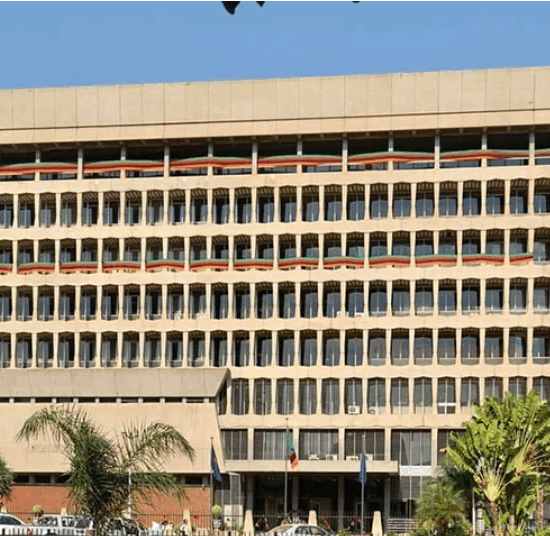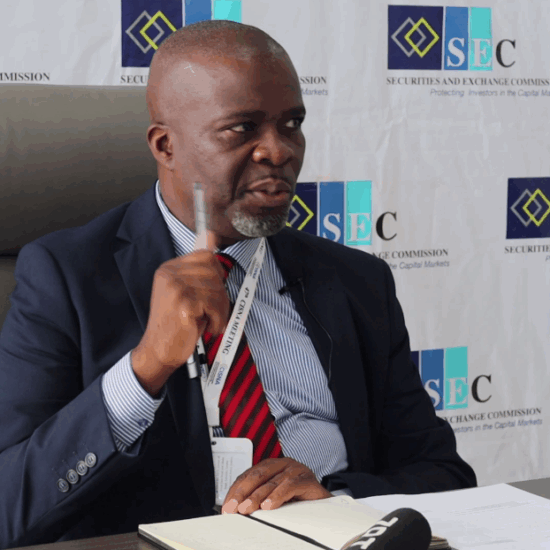
Economist Trevor Hambayi says the US$1.3 billion International Monetary Fund (IMF) bailout package will allow government to have more room in its budget to provide resources for a desired purpose without jeopardizing the sustainability of its financial position or the stability of the economy.
In an interview with the Zambian Business Times-ZBT, Hambayi said the fiscal space that the country is likely to have, will also allow the usage of resources domestically which will drive the much needed economic recovery.
Hambayi explained that the key aspect of the IMF bailout package is that it will be able to catalyze the additional funding from bilateral partners and Paris Club members like China who are willing to consider debt forgiveness.
He added that the fund will allow the country to restructure its debt adding that because of where the country is after receiving the package and having had been considered as a low income country, Zambia will be able to attract grant financing that will go towards supporting the country’s economic recovery.
“In terms of our budget you will realize that the 2022 budget had 42% debt complements but we are hoping that going into 2023 our budget will have yes external financing but external financing that will support economic stability”, he said.
Hambayi further said the macro-economic stability would strengthen by virtue of reducing debt finance and government will be able to run the economy on the strength of fiscal consolidation, which is within government’s means to create a strong macroeconomic position.
The Economist said to ensure the sustainability of all the plans that will be implemented, there is need to support everything with productivity in different sectors among them, the mining and agriculture sector, in order to contribute effectively into the economy.
He noted that the idea is that fiscal space must exist or be created since extra resources have been made available for useful government spending but the question is whether government will raise taxes, secure outside grants, cut lower priority expenditure among other things to create sustainable fiscal space.







